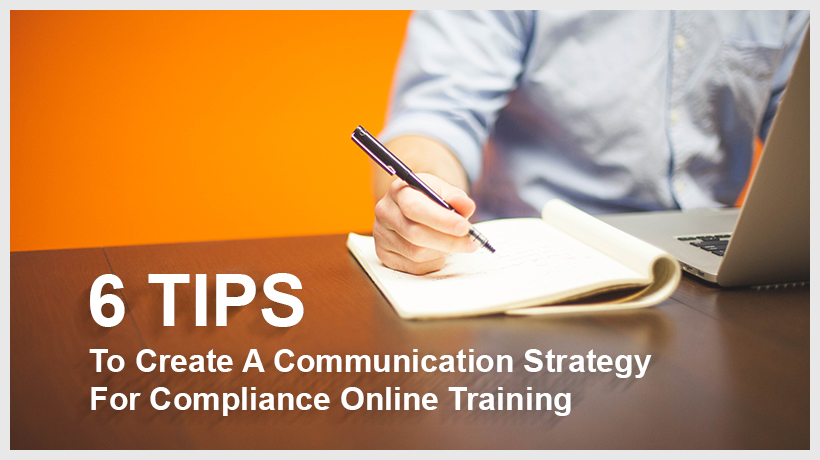
Today, we cannot think of our lives without mobile devices. It comes as no surprise that most Learning and Development teams are updating their learning strategy to factor for mLearning or mobile learning. Several global organizations are offering the flexibility to learners through the Bring Your Own Device (BYOD) policy and are seeing notable gains in learner engagement as well as higher completion rates of online learning courses. Here is how mobile apps can be a useful addition to your corporate learning strategy.
Boosting Your Workforce Performance With Mobile Apps
An interesting aspect of mLearning or mobile learning is the usage of mobile apps for learning. In this article, I will outline how mobile apps can be a meaningful addition to your overall learning strategy. I will also share 3 examples to illustrate how you can use them for primary or formal online learning as well as to supplement it through informal learning.
In my earlier article Mobile Apps For Learning, I had provided a detailed view on how mobile apps can be integrated into your learning strategy. This article had originally appeared in CrossKnowledge’s Learning Wire Blog. Here are a couple of extracts from the same to establish the background.
What Are Mobile Apps For Learning?
Mobile Apps are one of the delivery formats that offer the additional flexibility of offline viewing of the eLearning course to the learners from their mobile devices. (They need to have an internet access to download the course and then they can view it with/without the internet connection. However, to track their progress through the Learning Management System, they must be connected to the internet as only then can their progress information be passed on to the Learning Management System).
Where Do Mobile Apps Find The Right Fit In Today’s Learning Strategy?
Mobile apps can be used equally effectively to offer formal training (bite-sized) or supplement formal training. But this is not all. Performance Support Tools (PSTs) (particularly Ready Reckoners, Checklists, Tips, and so on) are designed to be made available to learners within their work-flow. Making them accessible to the learners on their mobile devices encourages them to use it on the job. Hence, Performance Support Tools are a great fit for mobile apps.
-
- For primary learning (formal training).
They can be used for primary learning provided they are packed as micro-learning nuggets. - As a supplement to formal training.
- For primary learning (formal training).
-
-
-
- Mobile Apps are a good fit to provide pre and post assessments for formal training (online or blended).
- They can be effectively used as practice sessions or reinforcements of formal training through Videos/Examples/Scenarios.
-
-
Let’s take a look at a few examples that illustrate how we have used mobile apps to provide an edge to the existing learning delivery.
Example 1: We have made available parts of Induction program as a mobile app. This has provided new employees with the flexibility to read part of the information in offline mode.
Example 2: We have created a gamified app on time management to help learners practice time management exercises. This supports the primary, formal course on time management fundamentals and serves as a fun supplement.
Example 3: We created an app for a Tobacco company (as a learning and sales promotion tool). The app was designed for the company’s distributors and contained gamified questions on their products. The reward element comes in the form of vouchers that the learners obtain after achieving a certain score.
Example 4: We created an app to have learners curate content generated by them to their organization’s portal on Health and Safety. The idea was to create a learning community that is engaged in the corporate mandate of Health and Safety and works towards flagging instances that can be potentially hazardous.
Usage of mobile apps is limited only by your imagination. We, at EI, have used them in multiple ways extending to informal (including Performance Support) and social learning models. In a bite-sized mode, it can also be used for formal training.
If you have any queries on how you can integrate mobile apps meaningfully into your learning strategy, do contact me.
Read More:






